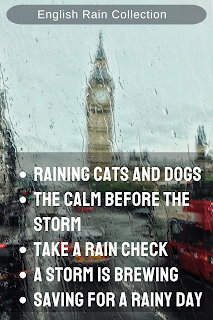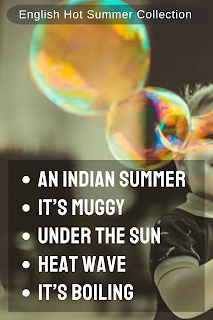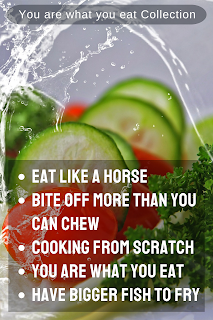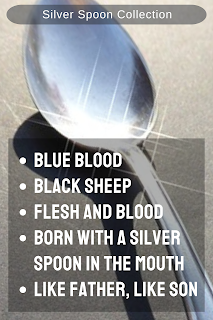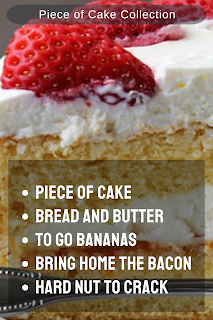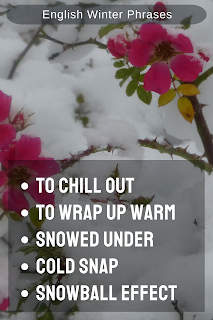Exploring the Origins and Meanings of 5 Common Idioms
Raining Cats and Dogs
The idiom "raining cats and dogs" means to rain heavily, and is one of the most well-known weather-related idioms in English. The origin of this expression is uncertain, but there are a few theories. One is that in the past, animals such as cats and dogs would seek shelter in thatched roofs, and when it rained heavily, they would fall out of the roof and appear to be raining from the sky. Another theory is that the phrase may have originated from the old English word "catadupe," meaning a waterfall.

